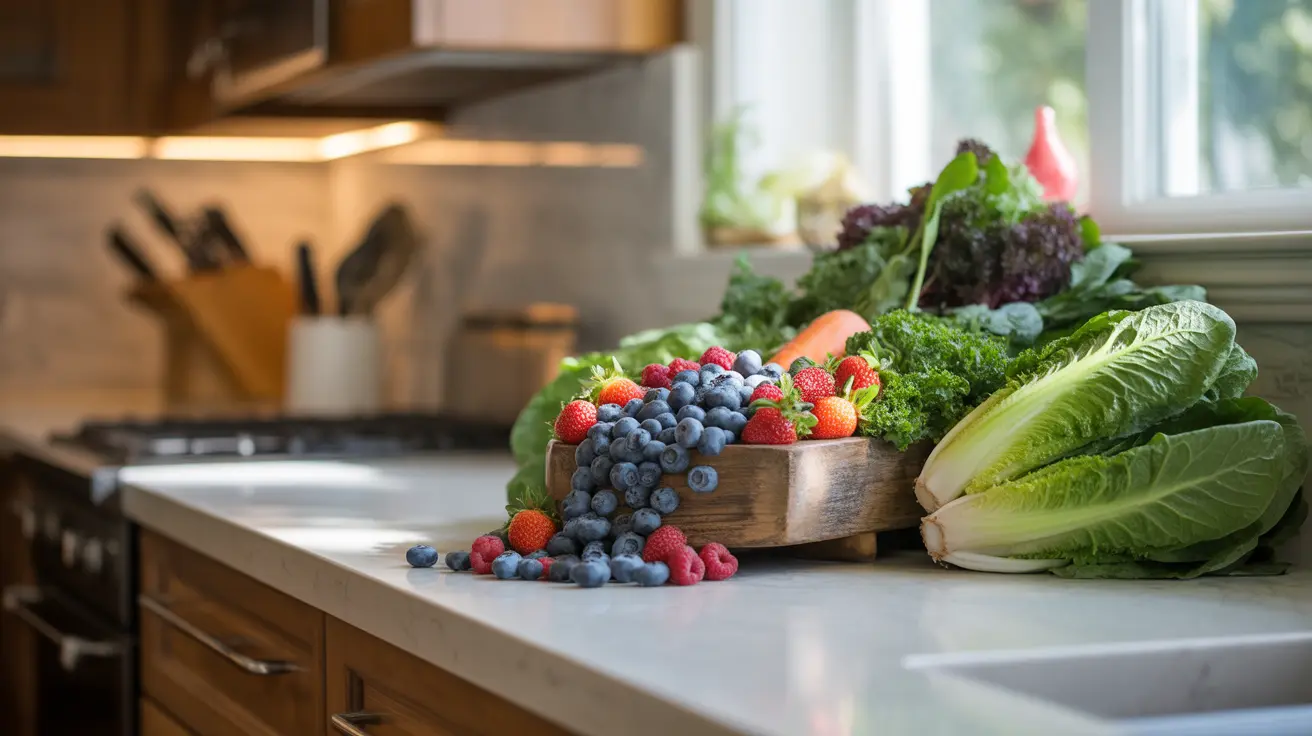Managing blood sugar levels through diet is a crucial aspect of overall health, especially for those with diabetes or prediabetes. Understanding which foods can help lower blood sugar naturally can make a significant difference in maintaining stable glucose levels and supporting long-term health.
This comprehensive guide explores the most effective foods for blood sugar control and explains how different nutrients work together to promote healthy glucose metabolism.
Fiber-Rich Foods for Blood Sugar Management
Dietary fiber plays a vital role in blood sugar regulation by slowing down digestion and preventing rapid glucose absorption. Including these fiber-rich foods in your diet can help maintain stable blood sugar levels:
Leafy Greens and Non-Starchy Vegetables
Leafy greens like spinach, kale, and Swiss chard are excellent choices for blood sugar control. These vegetables are low in calories, high in fiber, and packed with nutrients that support healthy glucose metabolism. Non-starchy vegetables such as broccoli, cauliflower, and Brussels sprouts also help maintain steady blood sugar levels.
Berries and Low-Glycemic Fruits
Berries, particularly blueberries, strawberries, and raspberries, contain both soluble fiber and beneficial compounds that can improve insulin sensitivity. Their natural sweetness makes them an excellent alternative to high-sugar desserts while providing blood sugar-regulating benefits.
Protein-Rich Foods for Glucose Stability
Protein is essential for blood sugar management as it helps slow down carbohydrate absorption and promotes satiety. Include these protein sources in your meals:
- Lean meats and poultry
- Fish rich in omega-3 fatty acids
- Eggs
- Legumes and lentils
- Greek yogurt
Healthy Fats for Improved Insulin Sensitivity
Including healthy fats in your diet can help improve insulin sensitivity and promote better blood sugar control. Focus on these sources:
Nuts and Seeds
Almonds, walnuts, chia seeds, and flaxseeds contain healthy fats, protein, and fiber that work together to maintain stable blood sugar levels. A small handful of nuts can make an excellent blood sugar-friendly snack.
Healthy Oils and Avocados
Extra virgin olive oil, avocado oil, and whole avocados provide monounsaturated fats that can help improve insulin sensitivity when consumed as part of a balanced diet.
Foods to Limit or Avoid
To maintain healthy blood sugar levels, it's important to minimize consumption of:
- Refined carbohydrates and sugary foods
- Processed snacks and beverages
- White bread and pasta
- Sugary breakfast cereals
- Foods with added sugars
Smart Food Combinations for Better Blood Sugar Control
Combining different food groups strategically can help optimize blood sugar management. For example, pairing carbohydrates with protein and healthy fats can slow down glucose absorption and prevent sharp blood sugar spikes.
Frequently Asked Questions
- What are the best foods to include in my diet to help lower and control blood sugar levels?
The best foods for blood sugar control include leafy greens, non-starchy vegetables, berries, lean proteins, nuts, seeds, and healthy fats like avocados. These foods are rich in fiber, protein, and beneficial compounds that help regulate blood sugar levels.
- How does eating fiber-rich foods like berries and leafy greens affect blood sugar regulation?
Fiber-rich foods slow down digestion and glucose absorption, preventing rapid blood sugar spikes. They also help improve insulin sensitivity and promote better long-term blood sugar control.
- Can healthy fats from nuts and avocados improve insulin sensitivity and blood sugar management?
Yes, healthy fats from nuts and avocados can improve insulin sensitivity and help maintain stable blood sugar levels. These foods also contain fiber and other nutrients that support overall metabolic health.
- What foods should I avoid to prevent blood sugar spikes and support diabetes management?
Avoid or limit refined carbohydrates, sugary foods and beverages, processed snacks, white bread, and foods with added sugars, as these can cause rapid blood sugar spikes and poor glucose control.
- How can combining protein with carbohydrates help stabilize blood sugar after meals?
Pairing protein with carbohydrates slows down digestion and glucose absorption, resulting in more gradual blood sugar rises. This combination also helps maintain satiety and provides sustained energy throughout the day.




